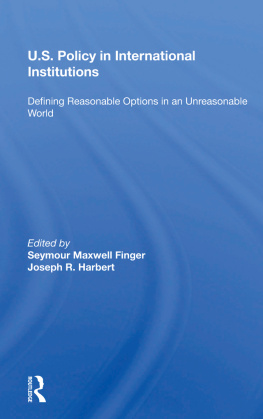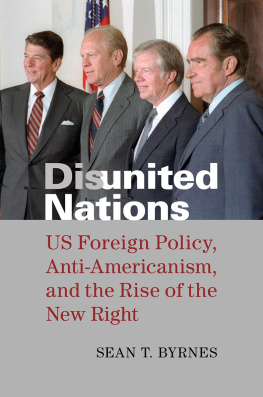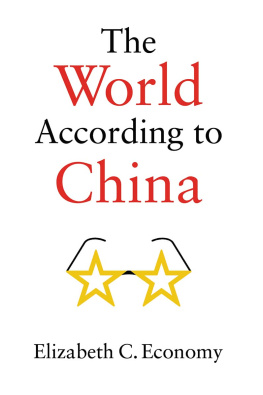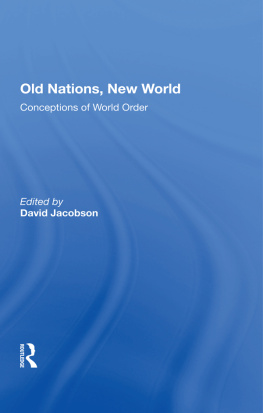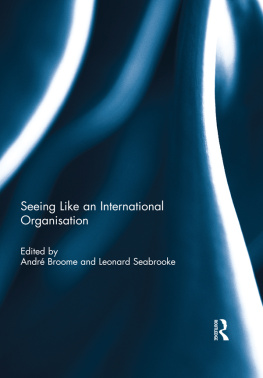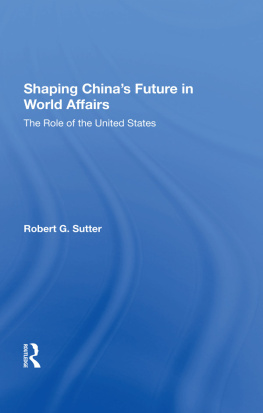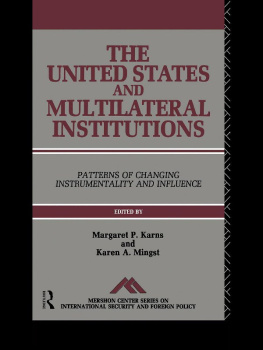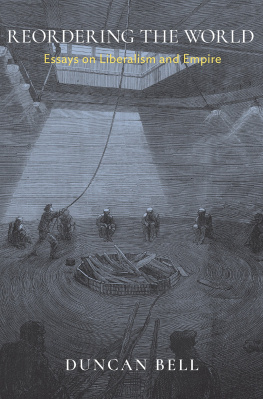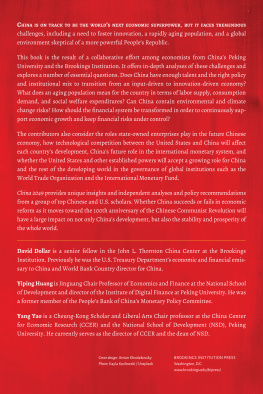U.S. Policy in International Institutions
Also of Interest
Arms Transfers to the Third World: Problems and Policies, Uri Ra'anan, Robert Pfaltzgraff, Jr., and Geoffrey Kemp
Political Leadership in NATO: A Study in Multinational Diplomacy, Robert S. Jordan
Presidential Decisionmaking in Foreign Policy: The Effective Use of Information and Advice, Alexander L. George
Studies on a Just World Order, Volume 1: Toward a Just World Order, edited by Richard A. Falk, Samuel S. Kim, and Saul H. Mendlovitz
Studies on a Just World Order, Volume 2: International Law and a Just World Order, edited by Richard A. Falk, Friedrich V. Kratchowil, and Saul H. Mendlovitz
Studies on a Just World Order, Volume 3: The United Nations and a Just World Order, edited by Richard A. Falk, Samuel S. Kim, Donald McNemar, and Saul H. Mendlovitz
NATO-The Next Thirty Years: The Changing Political, Economic, and Military Setting, edited by Kenneth A. Myers
Change in the International System, edited by Ole R. Holsti, Randolph M. Siverson, and Alexander L. George
The Third World and U.S. Foreign Policy: Cooperation and Conflict in the 1980s, Robert L. Rothstein
U.S. Foreign Policy and Multilateral Development Banks, Jonathan E. Sanford
U.S. Foreign Policy and the New International Economic Order, Robert K. Olson
Globalism vs. Realism: International Relations' Third Debate, edited by Ray Maghoori and Bennett Ramberg
The Foreign Policy Priorities of Third World States, edited by John J. Stremlau
Nonstate Actors in International Politics: From Transnational to Substate Organizations, Phillip Taylor
Available in hardcover and paperback.
Westview Special Studies in International Relations
U.S. Policy in International Institutions: Defining Reasonable Options in an Unreasonable World
Special Student Edition, Updated and Revised
edited by Seymour Maxwell Finger and Joseph R. Harbert
In the immediate postwar period the United States was predominant economically and could command a majority in the U.N. General Assembly; it now faces an increasingly interdependent world economy and an assembly dominated by the Third World. The essays in this book analyze the U.N. system as it functions today. Contributors stress the economic issues that constitute most of the agendathe New International Economic Order, the role of transnational corporations, energy, natural resources, and the new international monetary regimes that are replacing the Bretton Woods systemand the reasonable U.S. initiatives and responses in these areas. They also address the role of the United Nations in peacekeeping and disarmament. The final section realistically examines current institutional structures in the U.N. system and favors active U.S. participationfor lack of a sound alternativeand initiatives to effect institutional improvements.
This special student edition of U.S. Policy in International Institutions is an updated and condensed version of the original collection of papers, with three additional papers that enhance its use as a supplement to existing texts on foreign policy.
Seymour Maxwell Finger is professor of political science at the Graduate School and the College of Staten Island (Gty University of New York) and director of CUNY's Ralph Bunche Institute on the United Nations. His service as a career diplomat includes fifteen years at the U.S. Mission to the United Nations where he served as ambassador for four years. Joseph R. Harbert is a senior research associate of the Ralph Bunche Institute on the United Nations. He was formerly assistant director of the Commission to Study the Organization of Peace.
First published 1978 by Westview Press
Published 2018 by Routledge
52 Vanderbilt Avenue, New York, NY 10017
2 Park Square, Milton Park, Abingdon, Oxon OX14 4RN
Routledge is an imprint of the Taylor & Francis Group, an informa business
Copyright 1982 by Taylor & Francis
All rights reserved. No part of this book may be reprinted or reproduced or utilised in any form or by any electronic, mechanical, or other means, now known or hereafter invented, including photocopying and recording, or in any information storage or retrieval system, without permission in writing from the publishers.
Notice:
Product or corporate names may be trademarks or registered trademarks, and are used only for identification and explanation without intent to infringe.
Library of Congress Cataloging in Publication Data
Main entry under title:
U.S. policy in international institutions.
(Westview special studies in international relations)
Bibliography: p.
Includes index.
1. United StatesForeign relations1945- Addresses, essays, lectures. 2. United NationsAddresses,
essays, lectures. 3. International agenciesAddresses, essays, lectures.
4. International economic relationsAddresses, essays, lectures. I. Finger, Seymour Maxwell,
1915- . II. Harbert, Joseph R. III. Title: US policy in international institutions. IV. Series.
JX1417.U57 1982 327.73 81-21980
ISBN 0-86531-105-6 AACR2
ISBN 13: 978-0-367-21232-2 (hbk)
Cyrus R. Vance
The United Nations was born into a world ravaged and wearied by war. In 1945 there was much to hope for, but also much to fear. How could peace, achieved at such terrible cost, be secured? It was not surprising that the opening words of the United Nations Charter spoke of the determination of our peoples "to save succeeding generations from the scourge of war, which twice in our lifetime has brought untold sorrow to mankind."
But the charter and the United Nations were meant to stand the tests of time. The charter's opening statement speaks of concerns we share now in an interdependent world; a world recovered from the devastation of war, though still far from reaching a state of universal well-being. Today food, resources, the human condition, and economic development are recognized as matters of life and death. What we do about them, unilaterally and multilaterally, has come to be as important as what we do about the danger of great powers' use of arms. Thus, the U.N. Charter is as relevant today as it was thirty-six years ago in its statement of our determination not only to advance international law and justice, but also "to reaffirm faith in fundamental human rights," and "to promote social progress and better standards of life in larger freedom."
Now, even more than in 1945, we face global issues that transcend great power diplomacy: issues of need and want, of resources and access to them. Unless we learn how to deal with such issues through the family of organizations that has grown up around the United Nations, we are in danger of falling back into a modern version of tribal feuding: strategically based large states unwilling to take their international obligations seriously and countries joining in powerful factions or numerical majorities to press arbitrary demands. And everywhere forces challenge our mastery of our own destinies: The proliferation of nuclear and conventional arms and the menace of political terrorism haunt us in all their ugly forms.

